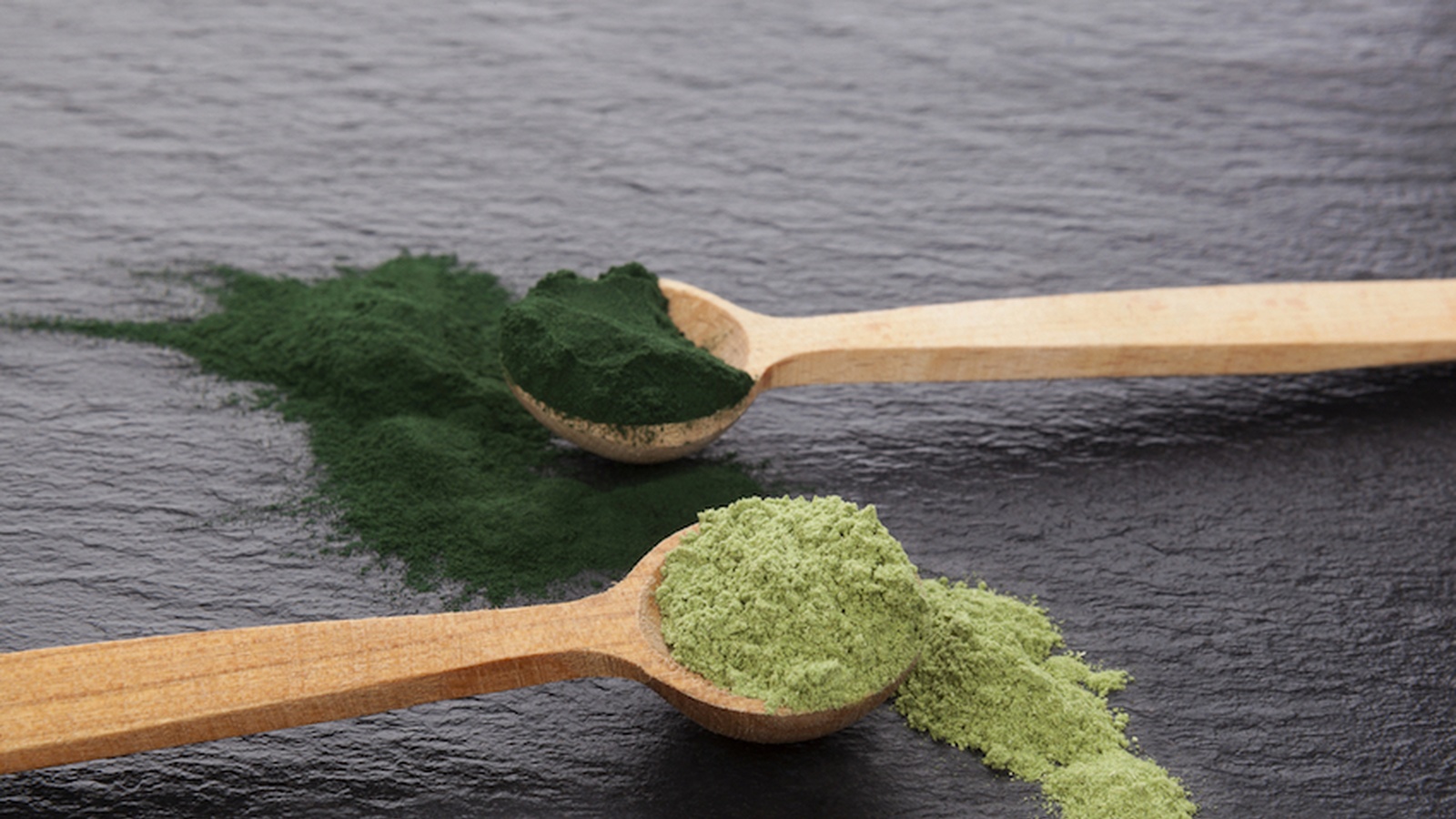What is The Pineal Gland and How to Keep Yours Healthy
If you're like me, you probably jump at any opportunity to learn more about your body and what you can do to help it thrive! Within the wellness community, people often get caught up in the excitement of "buzz" topics such as gut health, GMO's, liver detoxes and juice fasts; all of which are unquestionably essential to our health, however, we often forget to talk about the less sexy topics that are still equally important. The pineal gland is one such topic which is rarely discussed in direct correlation to health and wellbeing.
Your pineal gland is a cone-shaped endocrine gland located deep within your skull in an area called the epithalamus.
The role of the pineal gland is to produce a hormone called melatonin. For humans, melatonin plays an integral role in regulating circadian rhythms - which are directly responsible for our sleep cycles. The production of melatonin is heavily influenced by the presence of light, as detected by the retinas in our eyes. The quality and duration of our sleep cycles are largely dependent on how well our bodies can produce melatonin and therefore, the health of your pineal gland is crucial to your overall wellbeing.
Our fast-paced modern lifestyle can have severe impacts on the health of the pineal gland. It is constantly bombarded by toxins from multiple sources - the food and drink we consume, the chemicals we are exposed to and the stress-related compounds that our bodies produce. As a result, our pineal gland can become hardened, calcified, and begin to lose its ability to properly carry out important functions. The good news is that there are a few things we can do to ensure the health of this small but mighty bodypart.
1. Prevention
The obvious first step in protecting your pineal gland is to eliminate any toxic substances from your environment; whether they be in your food, water, bodycare products or general living space.
Try to eat only certified organic produce, meat, dairy, and grain products, and limit the amount of processed foods that you consume. It's also important to drink water that does not contain fluoride and try to minimize your exposure to soda, energy drinks and excessive amounts of caffeine.
When considering products that you might use on your body or around the house, try to select naturally produced skincare, bodycare, and household cleaning substances, so as to avoid exposing yourself to the harsh industrial toxins that are often found in conventional versions of these products.
Finally, if you're able to, try to limit your exposure to pollution and spend more time in nature - consuming clean air, improving your mood and reducing your stress levels!
2. Supergreen Powders
Chlorophyll-dense superfoods such as chlorella, spirulina, and wheatgrass are full of vitamins, minerals, and antioxidants which can help to remove built-up toxins from your organs. They're also effective in increasing your body's oxygen levels, repairing tissue damage, and boosting your immune system. By boosting oxygen and immune function, these super greens can assist your body in reversing pineal gland calcification.
3. Iodine
Iodine helps to protect your body against elements such as chlorine, bromine, mercury and fluoride. When you're deficient in iodine, these compounds begin to accumulate and can cause serious damage to many important functions. The human body has no use for fluoride, so when we consume this chemical, our body isolates it in a calcium husk - which then contributes to the reduced effectiveness of our pineal gland.
Iodine can be found in many organic dietary sources such as spinach, broccoli, sea vegetables, and fish. Iodine supplements are also available for purchase at most health food stores, however, it's important only to choose the highest quality, naturally-derived products.
4. Boron
Boron is a detoxifying trace mineral that has the power to help cleanse your pineal gland. Another quality of boron is that it effectively helps to remove fluoride from the body. Foods containing healthy amounts of boron include chickpeas, almonds, walnuts, avocado, broccoli, prunes, oranges, red grapes, apples, raisins, pears, beans and legumes.
5. Apple Cider Vinegar
As a natural detoxifier, raw apple cider vinegar helps to decalcify the pineal gland thanks to its malic acid properties. Malic acid is an organic compound that gives substances such as vinegar their sour, acidic taste and when taken as a supplement, supports the digestive system and helps to detoxify your whole body. When you buy apple cider vinegar, always ensure that the brand is raw, organic and packaged in a glass container (not plastic).
6. Sunshine
Direct sun exposure helps to kick start the functions of your pineal gland and stimulates your mind. Any type of natural light exposure activates the pineal gland, prompting it to begin producing serotonin; the neurotransmitter that is responsible for healthy mood and energy levels.
For this reason, it is also critical to avoid sources of unnatural light after the sun goes down because during this time your pineal gland needs to produce melatonin in preparation for a deep, restful sleep. Try to limit your exposure to any light-emitting electronic device such as phones, tablets or computers after sunset.
Discover how to eat your medicine to heal your gut, eliminate bloating, skin issues and hair loss as I share seven nutrition principles in this free masterclass. Running for a limited time only.









